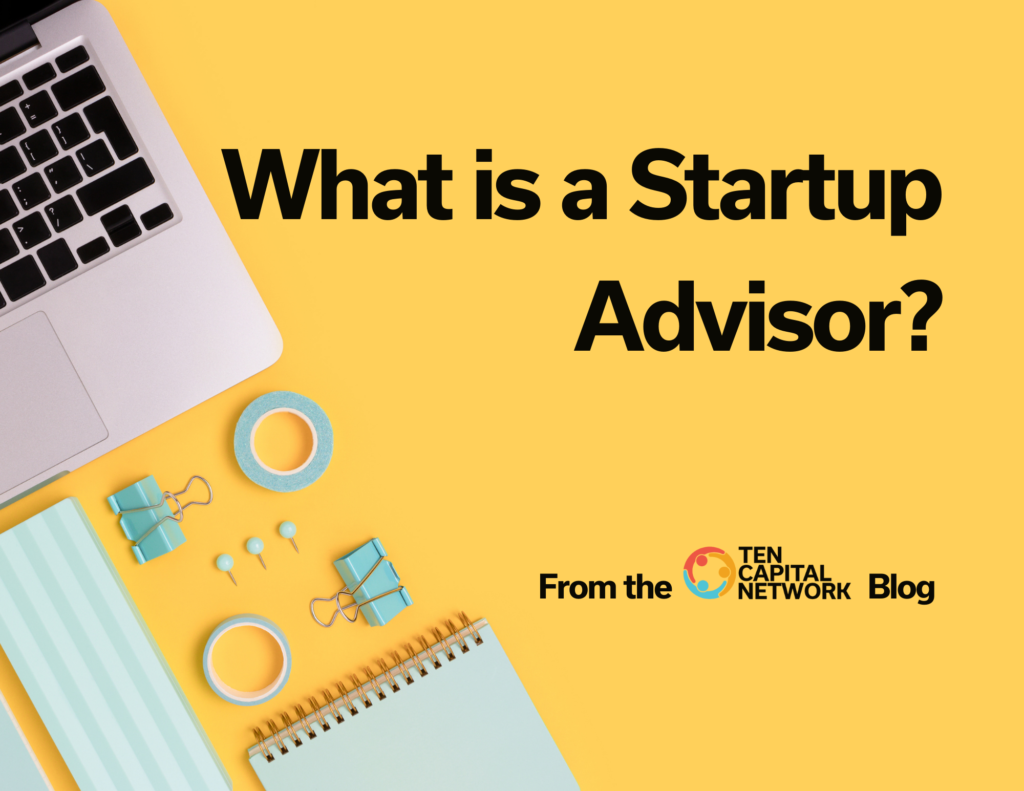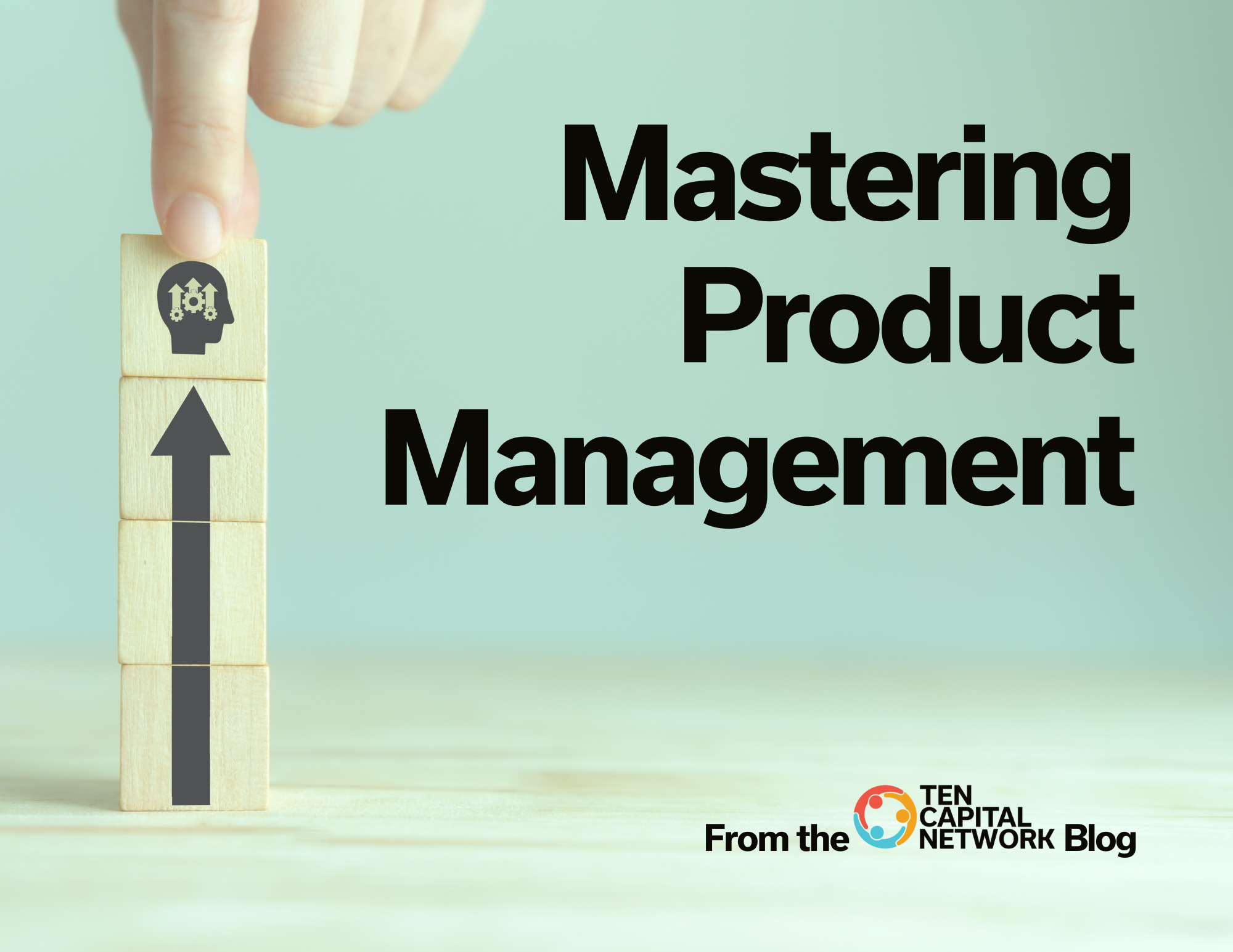2 min read What is a startup advisor?
Startup organizations often require guidance from those with more experience and connections in their prospective field. Many startups are experts at their products or service but lack the business know-how needed to thrive. Startup advisors can help bridge these gaps, helping the startup to launch, develop, grow, and ultimately succeed. Let’s take a closer look at what a startup advisor is and what they specifically do
Types of Advisors
There are several types of startup advisors. Some of the most common include::
- The Brand Name: This type of advisor offers their name to your company. This can be helpful to attract investors, employees, and customers. They typically bring some value in the form of advice, but it’s primarily their name.
- The Domain Expert: This type of advisor knows the industry well, both in technology and business. They can be helpful if you are moving into a new domain or the industry is changing rapidly.
- The Networker: The networker knows everyone in the industry or region. Those with a Rolodex and the ability to make connections can be very helpful, especially in fundraising and growing sales.
- The Business Modeler: This type of advisor may come from other industries, but they know business models and can bring new monetization tools to your business.
- The Confidant: The confidant can coach on the emotional side of running a startup. Startups have highs and lows that take the founder through the full range of emotions. This advisor can help the founder navigate through the ups and downs.
Consider which role you best fill, and market to your appropriate niche.
Advisor Roles
In addition to there being many types of advisors, advisors also take many roles in their work with startups. For example, some advisors’ role is simply to fill gaps in the early stage of the startup.
Advisors can be signed on as formal advisors, or some may provide support as informal advisors. In this scenario, there are no set goals, meetings, or formal advisor agreements. This is the most common way startups work with advisors.
Some advisors take the role of a mentor in providing guidance. These mentors tend to focus their efforts on the founder. Some advisors take the role of consultant in performing very specific tasks for the company while others take on general responsibilities.
Others may take on the role of a board of directors. This can be helpful in early-stage companies that are not yet ready to form aboard. Advisors here can provide oversight to the company and help the founder keep the broader picture in mind. Regardless of the role, you choose to fill, as an advisor, you will aim to bring experience, contacts, and networking to the startups you work with.
Purpose of an Advisory Board
An advisory board is a group of three to five people who provide advice on how to grow your startup. They bring experience, contacts, and domain expertise. Advisory boards help the company grow and succeed.
In recruiting for your advisory board, startups typically try to consider the following:
- Advisory board members should contribute a diversity of skills, networks, and experiences.
- The advisors should fill in the gaps of the startup team which is most often a skeletal group.
- The board members should raise the profile of the startup with their reputations. They can additionally give the startup branding to help position the company with clients.
- Advisory board members should make a strong face for the company. Startups can use these members’ influence for recruiting the team, investors, and customers.
- Advisory boards are different from a board of directors in that they don’t have any fiduciary roles and work informally with startups to grow the business.
Read more on the TEN Capital eGuide: Advising a Startup

Hall T. Martin is the founder and CEO of the TEN Capital Network. TEN Capital has been connecting startups with investors for over ten years. You can connect with Hall about fundraising, business growth, and emerging technologies via LinkedIn or email: hallmartin@tencapital.group





